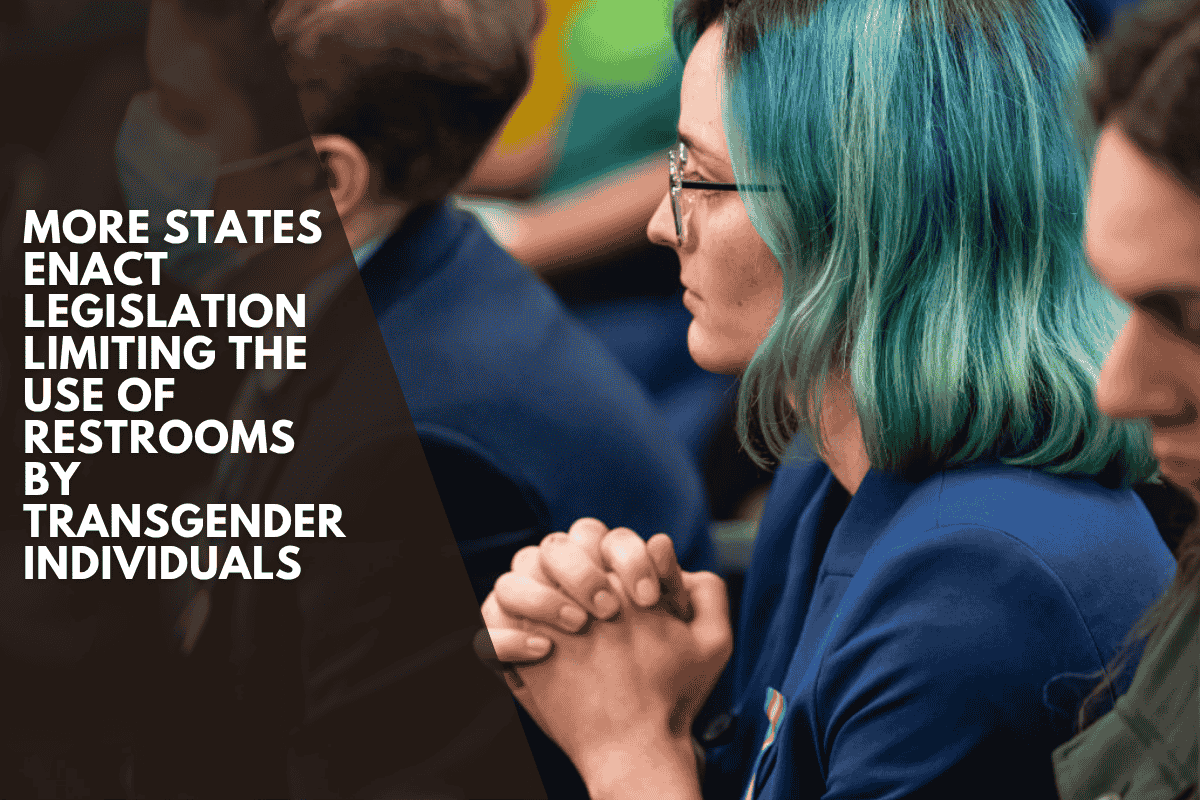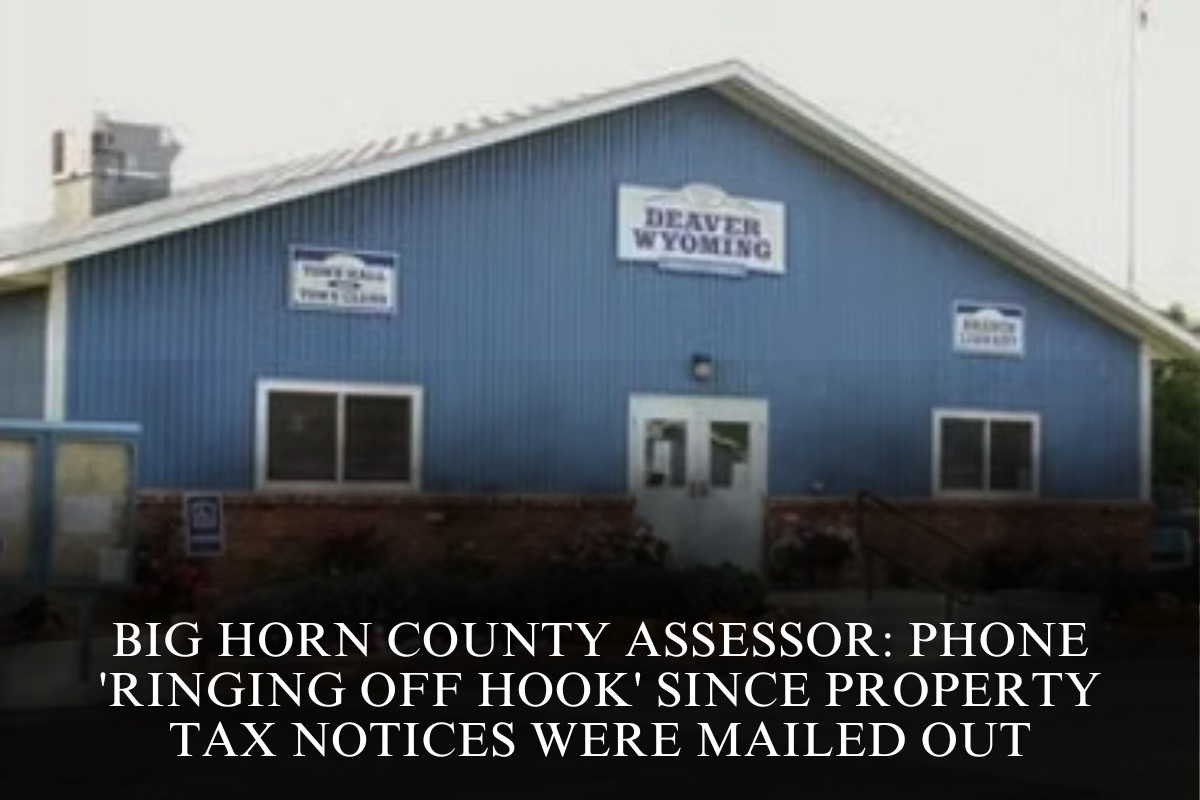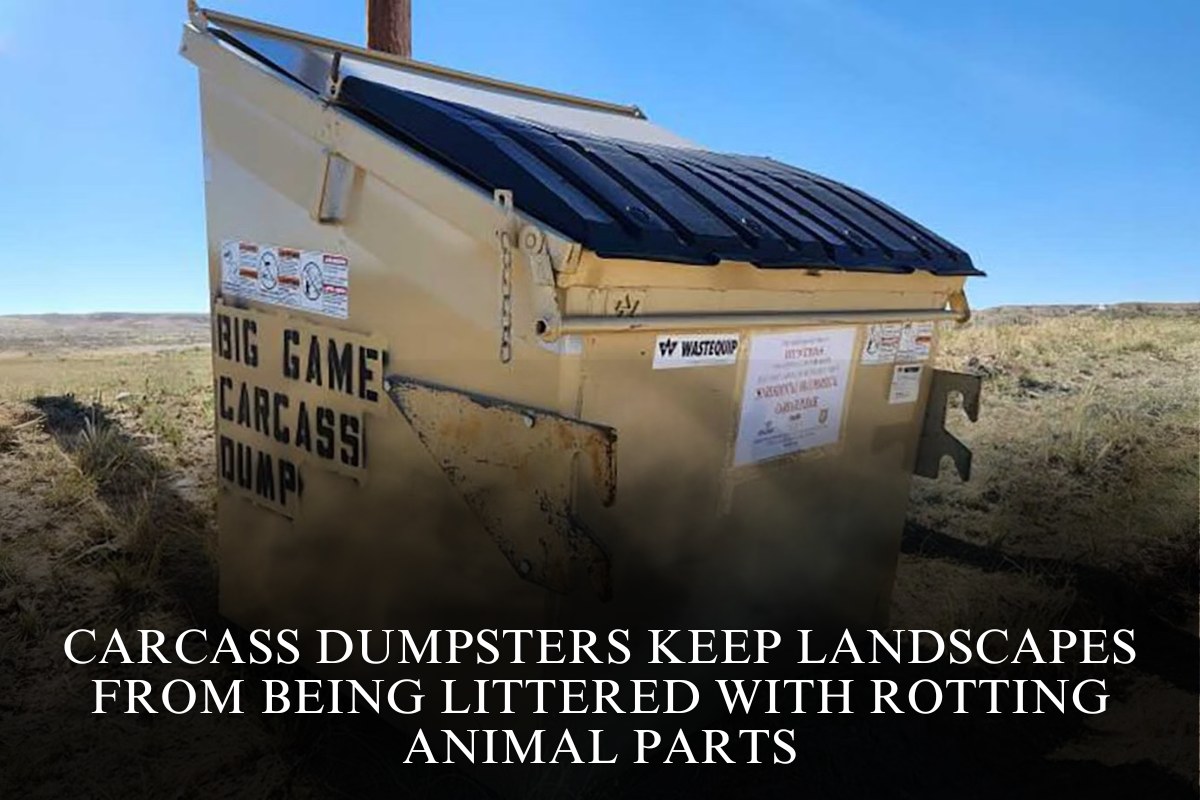A transgender activist clasps her hands as Kentucky state senators vote in 2023 on legislation limiting gender-affirming care for minors. So far in 2025, at least eight states have passed or expanded laws restricting the bathrooms that transgender people can use. (Jon Cherry / Getty Images)
Nineteen states now have a law or policy that prohibits transgender people from using bathrooms that match their gender identity.
According to the Movement Advancement Project, a nonprofit research organisation that tracks LGBTQ+-related legislation, approximately one-fourth of transgender people live in states with toilet restrictions.
So far this year, at least eight states have passed or expanded transgender bathroom laws.
Wyoming Republican Gov. Mark Gordon signed two Republican-sponsored bills in March that restrict the use of public restrooms and locker rooms.
The House bill mandates that public school students and anyone in a government building use the bathroom or locker room corresponding to their sex assigned at birth, regardless of gender identity, appearance, or the gender on their legal documents.
The Senate bill, which requires public school students to use facilities based on their gender at birth, was introduced in response to a local school board’s request that lawmakers restrict toilet use.
Wyoming Republican Rep. Martha Lawley, who sponsored the House bill, along with another that restricts transgender girls’ participation in sports, described them as “commonsense measures.”
“As the first state to grant women the right to vote, we showed the nation that Wyoming leads when it comes to equal opportunity,” Lawley wrote in an op-ed published online ahead of the legislative session.
“Now, we can lead again, ensuring our daughters and granddaughters can pursue their dreams with the same sense of fairness and security.”
Earlier in the session, a Wyoming basketball coach who is a transgender woman spoke out against the bill, claiming it would force her to share a lavatory with teenage boys, according to WyoFile.
Arkansas, Idaho, Mississippi, Montana, Oklahoma, South Dakota, and West Virginia have all enacted or expanded similar toilet laws this year.
This year’s state budget included the renewal of South Carolina’s K-12 toilet law. The mandate, which was first included in the budget during last year’s Senate floor debate, applies to multi-stall school restrooms as well as places where students undress, such as locker rooms and gym showers.
The directives attached to South Carolina’s state spending package, known as provisos, are officially one-year laws.
However, unless legislators vote to repeal them, they will continue to be in effect from year to year. There was no debate about the toilet rule this year, which will carry over into the fiscal year beginning Tuesday.
Last November, a transgender middle school student from Berkeley County filed a lawsuit in federal court challenging it.
Attorneys for the national nonprofit Public Justice have asked that the law be suspended until the case is resolved, but nothing has been decided.
Arizona’s legislature passed a bill in May that would have restricted school bathrooms and changing rooms, but Democratic Gov. Katie Hobbs vetoed it, along with two other GOP-backed bills aimed at transgender people.












